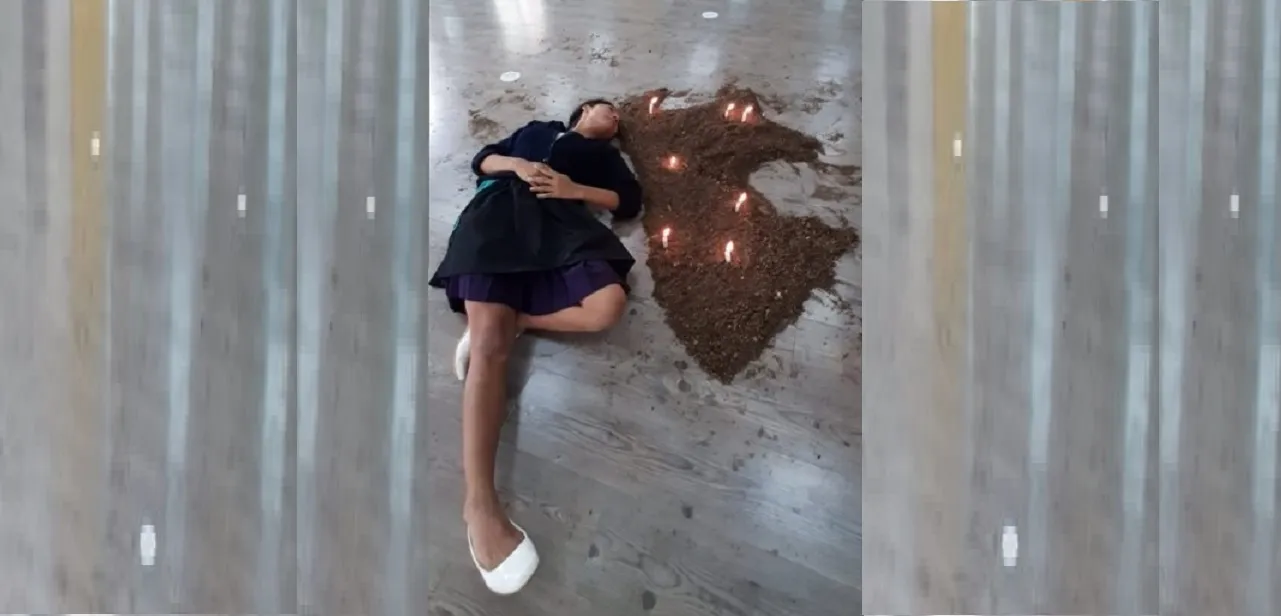
In recent years, Latin America has been the focus of historic corruption exposures. Emblematic cases such as Odebrecht and more local but constant cases have eroded the population's trust in politics and politicians. But corruption does not come alone and this atmosphere of distrust is compounded by the fragmentation of parties and governments, resulting in a fragile institutionality. Peru has been a great example of this.
Este artículo está disponible en español.
In Peru, President Martin Vizcarra dissolved the Congress and called for new extraordinary elections, after having been in a scenario of constant confrontation for months with a very disregarded Parliament and with high levels of citizen rejection. After temporary citizen applause, it became clear that, although most of the population agreed with the closure, they were also disenchanted and tired of what are collectively known as "the same old politicians". The disinterest in the new elections was based on the feeling that a new congress would not generate any effective change and everything would remain the same.
In this context, from International IDEA Peru we aimed to make different efforts to convey to the general public messages of reflection on corruption and politics, motivating voters to get informed and choose clean candidates. With this objective, we turned theatre into a tool to achieve this.
Art has always had a transformative power. It has the capacity to generate emotions, reflection and discussion; but it is not always within everyone's reach. Theatre in particular has the ability to reach a wide audience in a more intimate way and yet a good part of the population does not have access to it and there are even many people who have never seen a play. For the campaign of the last extraordinary congressional elections in Peru, International IDEA sought to reach this population as well and used theatre in two ways: Rapiteatro or delivery theatre and street theatre.
Rapiteatro consisted of a series of short plays dealing with electoral themes, made available to the public as a delivery: we went wherever we were asked to go. The only requirement was to gather an audience of at least 20 people in a space of 3x3m. It could be in a community centre, office, school, neighbourhood or even a house. The objective was to set up free micro-plays in various non-traditional spaces in the city of Lima and thus generate participation and reflection from various audiences who feel distanced from politics. In two weeks a total of 69 performances were held, reaching approximately 2,400 people.
On the other hand, we also sought to take over public spaces in different cities of the country through stage interventions. This was the street theatre. To interrupt the daily life of the average citizen to reflect on the political situation is a very powerful tool. The interventions were carried out in parks, squares, beaches and markets; reaching more than 4,000 people in six different cities. Many of the attendees appreciated the implementation of these interventions for their relevance as reflecting on these issues is not usual in spaces such as the street.
With these experiences we confirm that there are alternative ways to work so that the citizenship reconnects with the politics. The population is disenchanted and wants to express itself.
All that is needed is a trigger.




